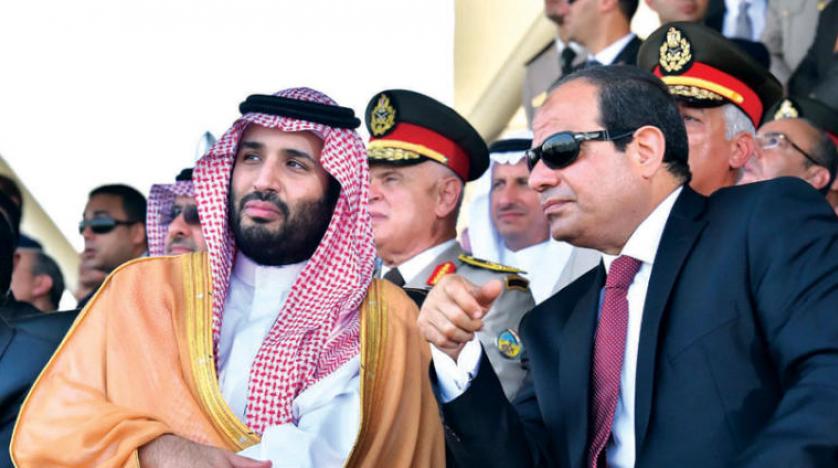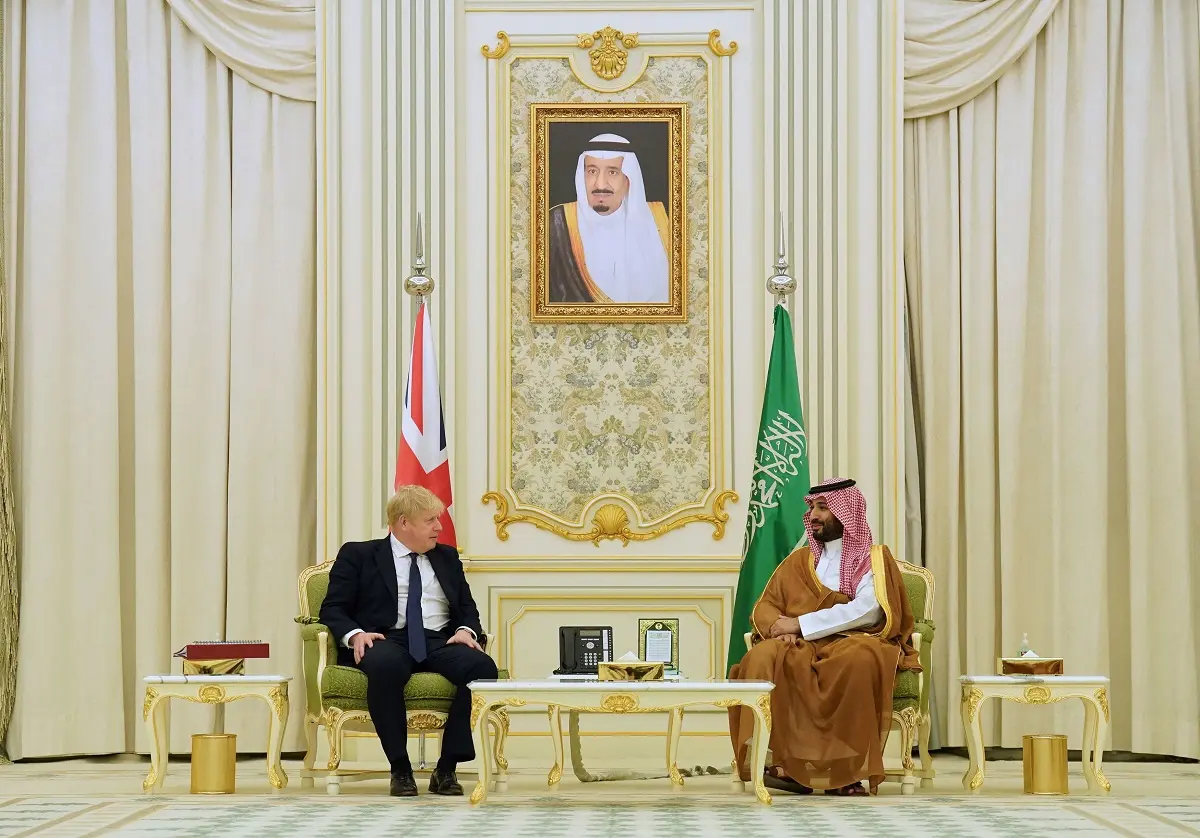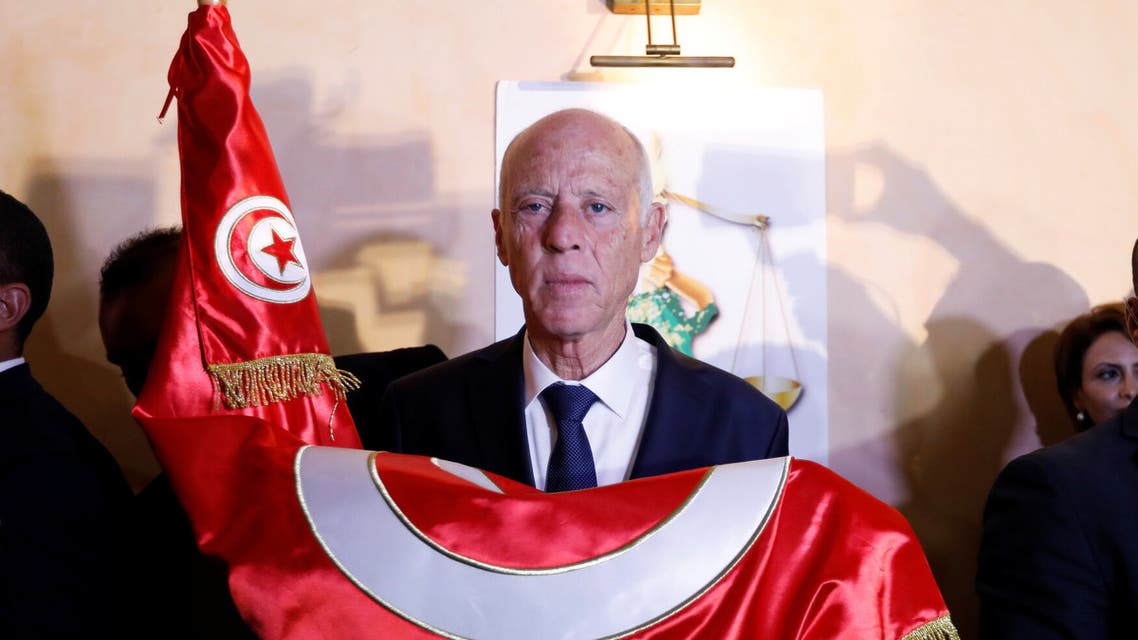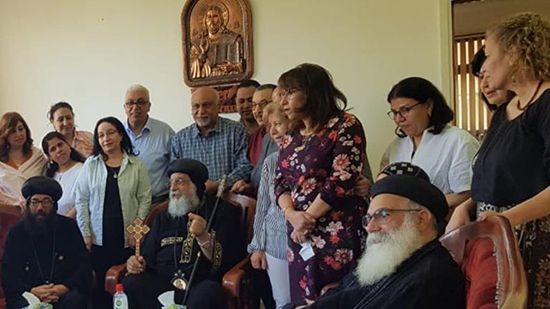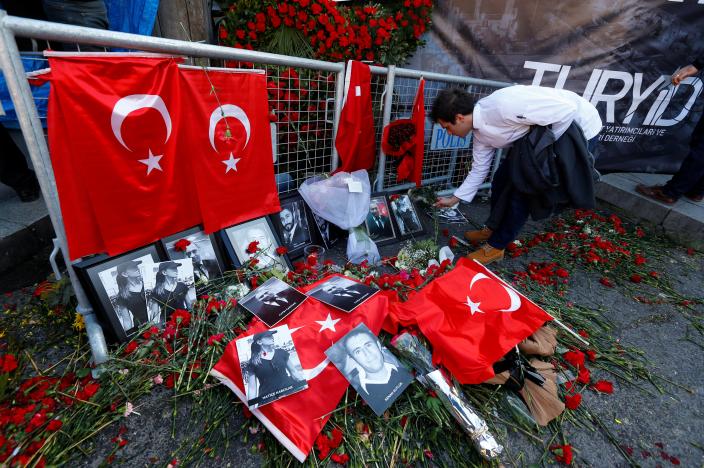
Turkey has increased scrutiny of Russian-speaking Muslim communities in the past few months following a series of attacks blamed on Islamic State, a concrete example of the renewed relationship between the two countries.
Turkish police have raided the homes of Russian-speaking immigrants in Istanbul, detained many and expelled others, according to interviews with Russian Muslims living in the city. At least some of those targeted by Turkish authorities are known to be sympathetic to radical Islamist movements.
The security activity indicates that Russia and Turkey are sharing intelligence, part of a newly-forged alliance that has also seen Moscow and Ankara work together on a peace deal for Syria.
The cooperation comes as a resurgent Russia, already active in Ukraine and keen to boost its diplomatic influence in the Middle East, has been playing a greater role in Syria in the vacuum left by the United States under Barack Obama.
The roundups mark a change for Turkey, which has historically welcomed Muslims fleeing what they say is repression in countries including Russia, among them communities who fought government forces in Russia’s North Caucasus.
“Around ten of my acquaintances are in jail now,” said Magomed-Said Isayev, a Muslim from the Russian North Caucasus mountains, who moved to Istanbul three years ago.
He said for most of his time in Turkey he had no difficulties with the authorities. He said he had done nothing to harm Turkish citizens, but now he felt he was no longer safe from the threat of detention.
Turkey has been criticized by some Western allies for being too slow to stop the flow of foreign fighters crossing its borders to join Islamic State in Syria and Iraq in the early years of the jihadist group’s rise.
Turkey has rejected such suggestions, saying it needed greater intelligence sharing from its allies in order to intercept would-be jihadists. It has tightened its borders and last August launched a military campaign in Syria to push Islamic State away from Turkish territory.
ATTACKS ON TURKEY
Several recent Islamic State attacks in Turkey have been blamed on Russian-speaking attackers.
After a gun-and-bomb attack on Istanbul’s Ataturk airport that killed 45 people last June, police detained two suspects from the North Caucasus.
An Uzbek has been charged with a gun attack on an Istanbul nightclub on New Year’s Day in which 39 people were killed.
“Before that, Turkey was very loyal to those who came from ex-Soviet countries,” said Russian Muslim activist Abdul-Alim Makhsutov, who has lived in Istanbul for several years.
“We have a long-established tradition of moving to Turkey for religious reasons and to escape pressure. The terrorist attacks tarnished this reputation.”
Turkey has provided sanctuary to Muslims from Russia since the 19th century, when the tsars conquered the mainly Muslim North Caucasus region. A new flow of migrants was prompted by two wars in Chechnya in the 1990s and 2000s, and a crackdown on Islamists in the south of Russia that continues today.
A Turkish security source said operations had increased following the recent attacks and that raids in areas where foreigners were living had shown that militants were living in and hiding among those communities.
“Our operations are not limited to specific parts of Istanbul but all across the city. It is about foreigners without the necessary paperwork, passport or ID. We fight crime wherever it may be,” a Turkish police official told Reuters.
A Russian security official said Moscow has been sharing lists of suspicious Islamists with Ankara for two or three years, but Turkey has only started using the information in the wake of recent attacks, as it has become a clear target for jihadists.
Russia’s foreign ministry and Federal Security Service did not respond to Reuters questions about intelligence-sharing with Turkey. A Turkish intelligence source said they were cooperating more with Russia but declined to give further details.
KIDS BEHIND BARS
One 25-year-old woman from Russia’s Dagestan region, told Reuters she had lived openly in Turkey for three years. Until last October her family had experienced no problems, she said.
She said her family had bought property in Turkey and took care to renew their immigration documents, while her brother competed professionally for a Turkish wrestling team.
In October, masked policemen in flak jackets, conducting an anti-terror raid, smashed in the door of the family’s apartment, the woman said.
She spoke to Reuters on condition of anonymity because, she said, she did not want to endanger members of her family. During the interview, she wore a black chador with only her face uncovered and broke off the conversation to pray.
The family, including women and four children, as well as a female neighbor and her children, were held for several days in a police station, she said.
At first, the police locked them in a room with bars on the windows but after a while police had to leave the door open “because the children often went to the toilet,” the woman said.
The detainees were transferred to Istanbul police headquarters and after two weeks most of the women and children from her family, and the family of her neighbor, were released.
But she said her father, brother, sister-in-law and 10-month-old niece were still in detention. They had not been charged with any offence, the woman said, though Reuters was not able to independently verify that. Istanbul police said it could not comment on specific cases.
The Dagestani woman said that in detention she had been questioned about Islamic State, and whether her family was affiliated to it. She denied any links to the group.
Russians living in Turkey say that some detainees were told by the Turkish police that the action against them was based on information provided by Russia.
“I’ve heard they (Russian authorities) inform the Turks about two kinds of people, who may be involved in terrorist activities or have a shady reputation,” said Ali Evteyev, a former Russian mufti and now an Istanbul resident.
He said that often there is no prosecution, but it is made clear to them they are no longer welcome. “The Turks just don’t extend their residence permit. You have to go to jail and try to appeal, or leave.”
(Editing by Giles Elgood)

